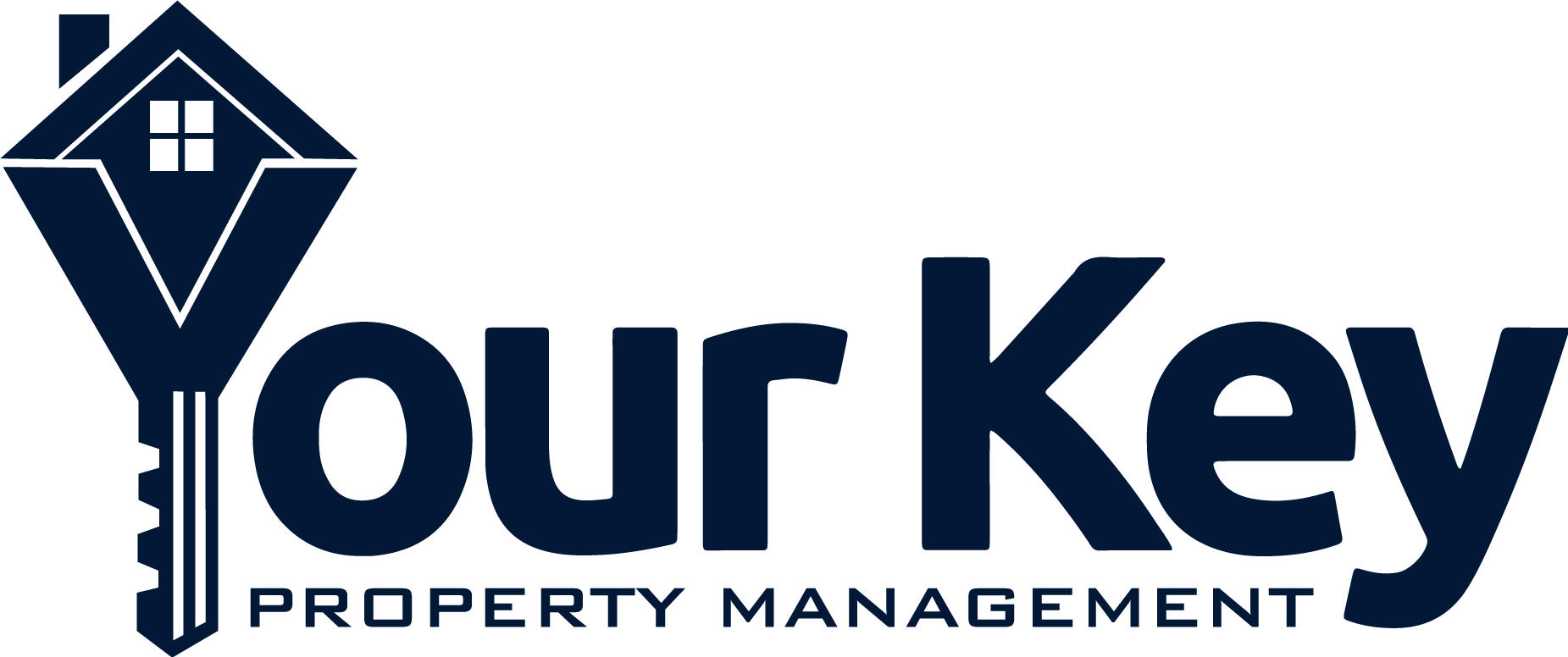FAQ's
- Home
- Faq’s
Questions About Dubai Real Estate
Dubai’s real estate market is transparent and it offers a high return on investment (ROI) for buyers and investors. It is the ideal market to invest in due to the following reasons:
- Tax-free incomes.
- Top-notch infrastructure and diversified economies.
- High income from property, so much so that the income compares to London’s and New York’s.
- High living standards and excellent living conditions.
- Safe and secure environment, suitable for families.
Generally speaking, the buying process follows the following steps:
- The buyer and seller finalise and sign their sale agreement. It includes various elements, such as:
- The purchase price.
- Additional expenses such as the agency fee, transfer fee at the DLD, the developer’s fee, service charge refund, etc.
- The transfer date of the deal at the DLD.
- Terms of payment.
- Responsibilities and penalties for both parties if they fail to uphold the conditions in the agreement.
- Both parties sign the Memorandum of Understanding (MoU), a sample of which can be found on the Dubai Land Department website. The buyer pays 10% of the purchase value upon signing the MoU.
- The buyer applies and pays for a No Objection Certificate (NOC) from the real estate developerfrom whom they are buying the property. NOC is a required document from the developer, allowing the transfer of ownership and permitting the buyer to proceed with the purchase. The NOC is provided once the buyer makes all the service charge payments.
- After obtaining the NOC, the buyer meets the developer or seller at the Dubai Land Department to get the new title deed, proving the buyer’s legal right to own the property. The buyer makes the complete payment of the property price through a cheque and obtains the title deed.
This is one of the most common real estate FAQs, and since the UAE is a tax-free country, you do not have to pay taxes on the property. But as a property owner, you will have to pay annual maintenance and service charges. The payment frequency varies from one to four times a year, depending on the property.
The Value-Added Tax, also known as (VAT), applies to sales of commercial property, which are subject to VAT at 5%. However, it does not apply to the following:
- Sales or leases of residential property.
- Leases of commercial property.
Freehold property is one that the buyer owns in addition to the land it is built on. This way, the owner is free to keep the property, lease it or sell it, as they have complete authority over the property and how to use it following the rules and regulations. The aim of these properties is to encourage foreign investments.
Even though complete foreign ownership was not possible in Dubai until 2006, the government has made new incentives allowing full foreign ownership. The short answer is: Yes, you can have 100% property ownership in Dubai. Foreigners can buy properties in free zones, such as Al Furjan and Palm Jumeirah and enjoy full ownership.
Yes, you can rent out your property in Dubai. The rental income depends on the property type, location, and service charges. The average net income (total income minus service charges) ranges between 5%-10% annually. It is also important to note that an expensive property attracts less percentage of rental income and vice versa.
You can close the deal without real estate agents; however, it is highly recommended that you get an agent right from the start. The agents’ immense, up-to-date knowledge and market expertise help buyers, property owners, and tenants find a great deal. Moreover, they are the best players in closing a deal at negotiated prices.

